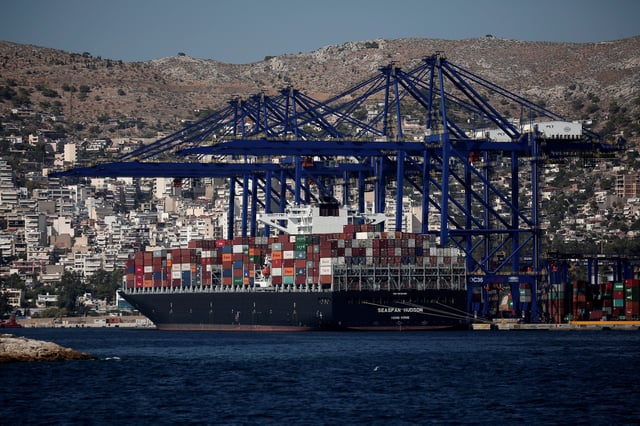Overview
- The US-led Combined Maritime Force reports that the Strait of Hormuz remains open and commercial traffic continues to flow despite escalating hostilities
- Greek shipowners have been asked to report vessels traversing the Strait of Hormuz and avoid the Gulf of Aden, while the UK transport ministry has advised its flagged vessels to limit crew on deck and adopt heightened security protocols
- India’s Directorate General of Shipping has advised all Indian-flagged vessels and seafarers to exercise caution when transiting the Strait of Hormuz following the recent hostilities
- Brent crude and US oil futures spiked more than 6% on Friday as traders factored in the threat to a waterway that handles roughly one-fifth of global oil shipments
- Energy analysts judge a full blockade unlikely given Iran’s own economic interests and dependence of key buyers, but they warn that tanker attacks or mine-laying could still delay shipments and drive up insurance premiums

